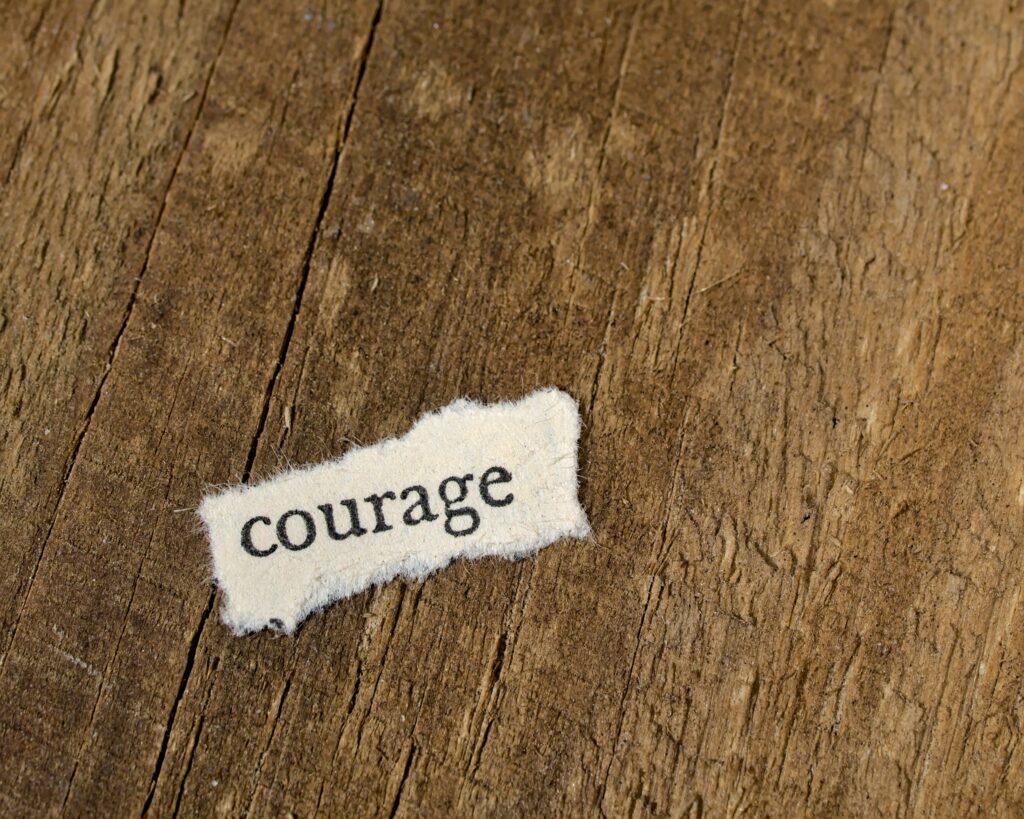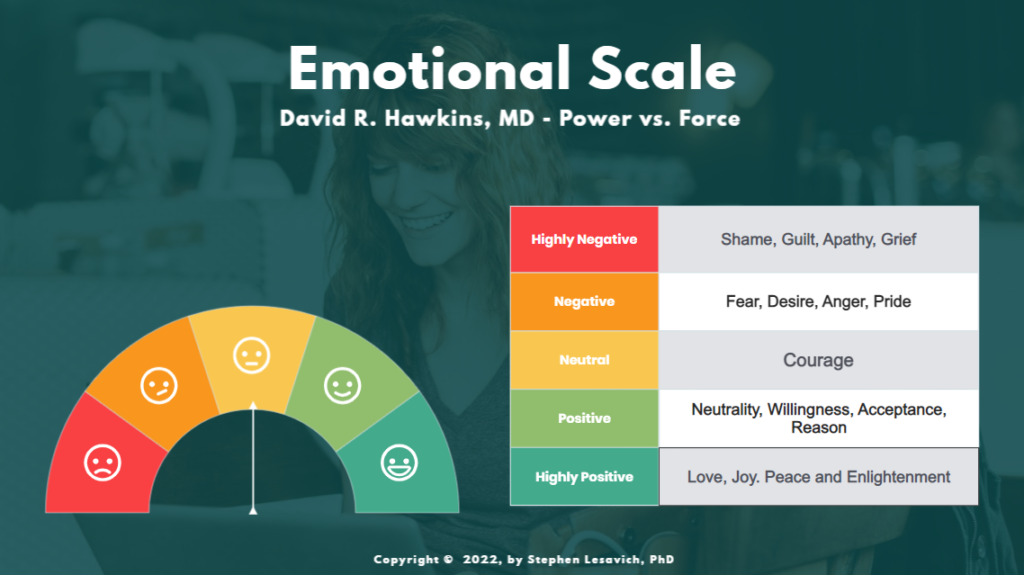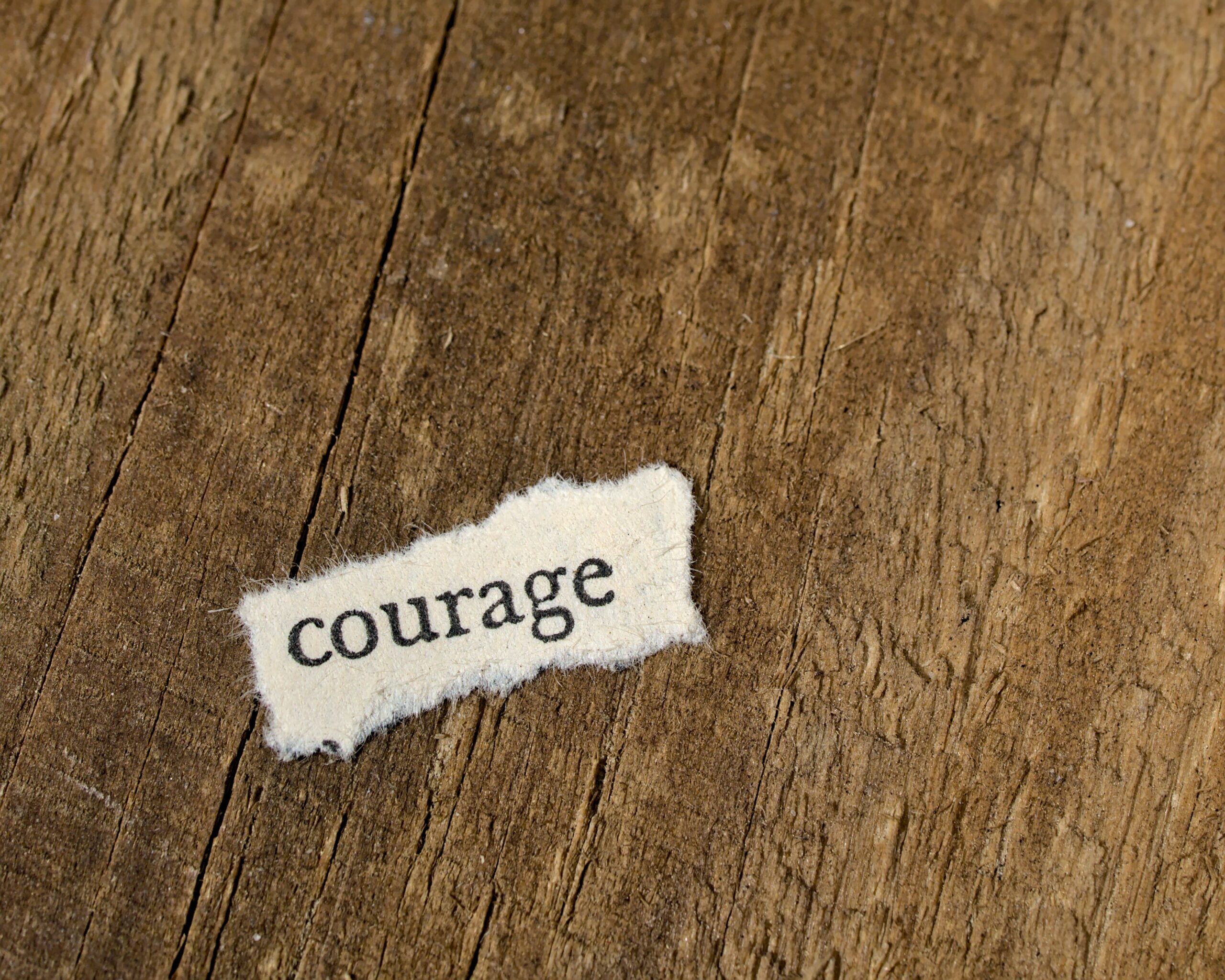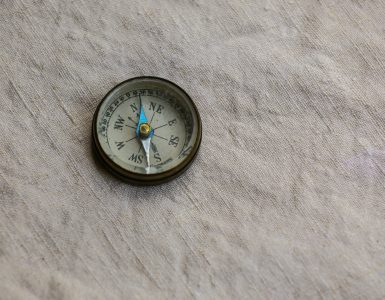
Are you truly responsible for your own decisions?
Or do you blame others for what happens in your life?
Do you feel that something else or someone else is in control of your life?
Do you always feel like you are victim?
Being responsible in your own life depends on your state of responsibility.
A positive state of responsibility includes “being answerable or accountable for something and having authority, control and courage over your decisions.
In contrast, negative state of responsibility includes “blaming others, being a victim, being at fault, culpable or the primary cause of something without admitting it.
Which state of responsibility governs your life?
“Your state of responsibility is a reflection of your current emotional state, your current set of boundaries and your current set of beliefs.“
Stephen Lesavich, PhD
If your state of responsibility is a positive state, your day-to-day emotions are positive emotions such as being, courageous, happy, excited, joyful, hopeful and inspired. You have well defined physical, emotional, psychological, sexual and spiritual boundaries and never allow violation of your boundaries. Your current belief system is based on trust and you have faith and belief in a higher power.
If your state of responsibility is a negative state, your day-to-day emotions are negative emotions such as anger, fear, resentment, frustration and anxiety. You have poorly defined physical, emotional, psychological, sexual and spiritual boundaries and frequently allow violation of your boundaries. Your current belief system is based on doubt and worry and you do not feel supported by a higher power.
“The emotion of ‘courage’ is the crossover point between negative and positive emotions and is a tipping point emotion.”
Stephen Lesavich, PhD
Do you have the courage to be responsible?

Podcast: Are You Responsible?
So how do you change your state of responsibility from a negative state to a positive state?
- Be honest with Yourself. Use discernment to be honest with yourself. Discernment is viewing something without judgment to obtain understanding and guidance. View yourself from a new higher vantage point, from that of a neutral observer using discernment. Albert Einstein was quoted as saying “No problem can be solved from the same level of consciousness that created it.“ This new higher vantage point as a neutral observer using discernment gives you a new, higher perspective that is above the level at which you are currently experiencing your own life. View yourself exactly as you are as a neutral observer without judgment. What are your day-to-day emotions, boundaries and beliefs at this moment in time?
- Initiate a Shift in Yourself. Begin by shifting your day-to-day emotional state from any negative emotions you are experiencing to the emotion of courage. Change your emotional state from “shit happens” which is a negative emotional state to “shift happens” which is a positive emotional state. The emotion of courage is a crossover point between negative emotions such as anger, fear, resentment, frustration and anxiety and positive emotions such as being happy, excited, joyful, hopeful and inspired. It is the tipping point emotion where you begin to see your world through a different point of view and create a new state of existence. From the emotion of courage, set new boundaries for yourself and develop a sense of trust. Trusting allows you to be open to a new set of possibilities and outcomes for your life.
- Empower Yourself. Empowerment is the capability to be accountable for the decisions you make in your life. Empowerment is a way to exercise personal control of your life. When you are empowered, you decide how you will proceed. When you are empowered, you make important decisions and take actions with courage, positive energy and enthusiasm. When you are empowered, you are not a victim of anything. One way to be become empowered is to embrace the imperfect moments in your life, the fears, the disappointments, the failures, the challenges with a new courageous focus. Use your courageous focus to make positive decisions on what you want in your life and then convert positive decisions into achievable actions towards the end goal of changing your state or responsibility to create the life you truly desire.
I always take responsibility for all decisions in my own life. How about you?
Out There on the Edge of Everything®…
Stephen Lesavich, PhD
Copyright ©2022, by Stephen Lesavich, PhD. All rights reserved. Certified solution-focused life and experienced business coach
![]()









Add comment